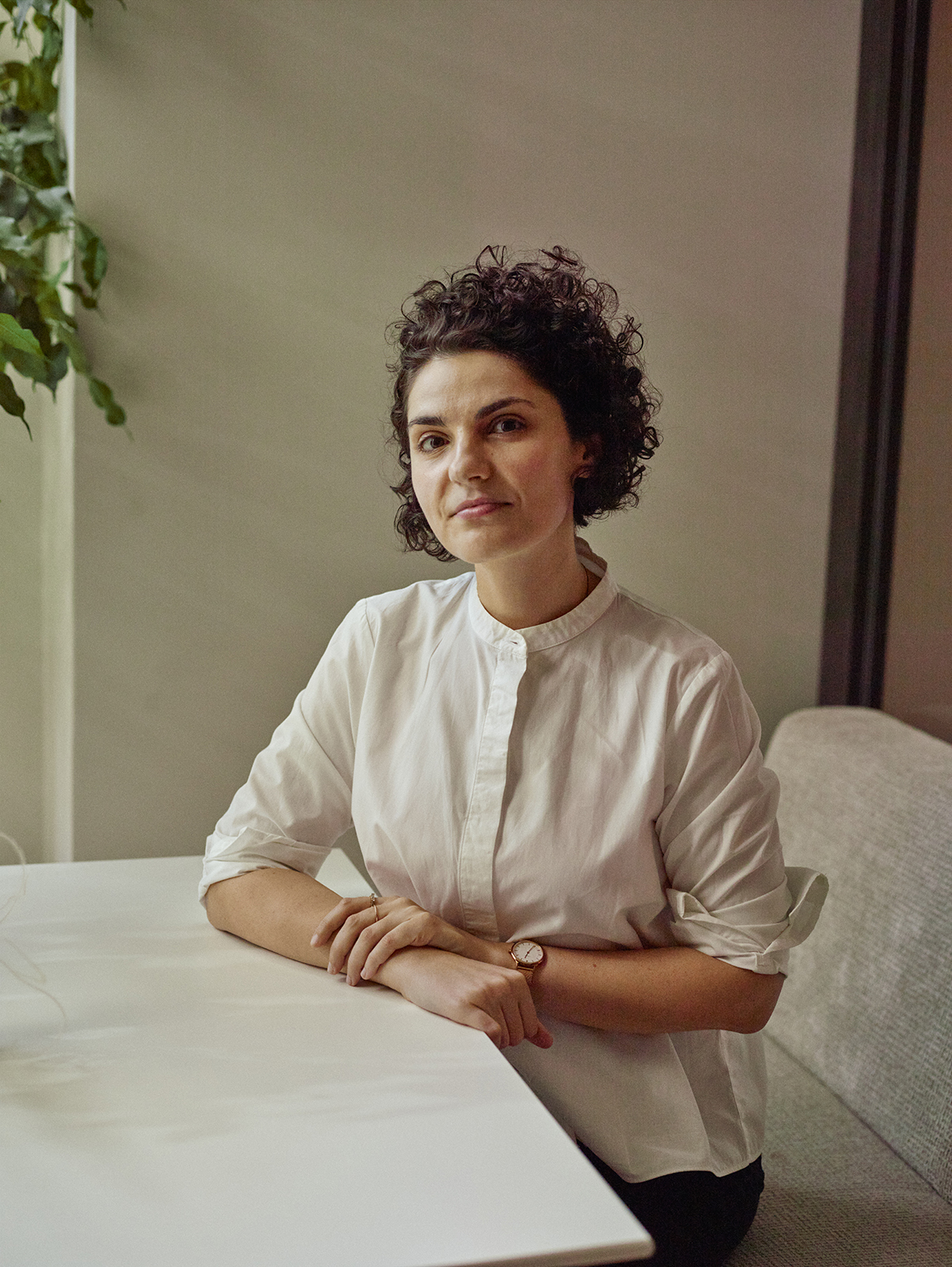Photographs by Rodrigo Cid
Reading about HudCo member Angie Mordecai’s approach to acupuncture (Keter Medicine) can really inspire you to dig deeper into the practice of Chinese medicine and its power. And as it turns out, hearing more about how Angie lives her daily life in the questions below can be equally inspiring. Read on for some ideas you can kickstart on Monday morning.
–
So often, we don’t begin to pay attention to our health until it’s compromised. How can we benefit from working with you if we’re otherwise healthy?
Acupuncture is perhaps best known for treating pain and aiding with conception. However, in the Chinese medicine tradition that I study and practice, the highest goal of medicine is to empower people to live with vibrancy and ease in every domain of being (something we might all benefit from!).
Yes, it supports pain relief, menstrual difficulties, and many other physical ailments, but most significantly, acupuncture, as I practice it, supports people in connecting with their intuition and acting courageously in relationships and in creative process (whether that be through work, art, parenting, or just being alive day to day).
It sounds like magic (and often feels like it too), but putting needles into specific points on our bodies breaks up physical and energetic stagnations that both alleviate physiological symptoms AND liberate us to move forward after illness, injury, loss, disappointment, and trauma.
Many patients start seeing me because they simply want something physical to improve, but over time, notice that many other things in life improve and they just feel better, steadier, and clearer.
How do you work with clients on the treatment of anxiety and depression? Does your work include elements of talk therapy as well, or do you have therapists you collaborate with?
In Chinese medicine, we believe that the physical and the emotional co-arise, and in particular, that each organ and physiological system is responsible for a different aspect of emotional capacity and resilience. Anxiety and depression aren’t simply issues of the brain and mind.
Sometimes no amount of talk therapy can activate substantial change, because it’s not a matter of cognitive processing or understanding. If there is imbalance in one of the body’s channel systems (like a kink in a garden hose), the mind-body simply cannot consistently feel secure, safe, and at ease. Acupuncture unkinks the hose to initiate healing.

These concepts are increasingly accepted by modern psychologists, as seen by the growth of somatic therapy and the popularity of Bessel van del Kolk’s The Body Keeps the Score, but Chinese medicine has had a framework for diagnosing and treating mental and emotional concerns for millenia.
My sessions can contain a good amount of talking and visualization work to help the psyche integrate what is happening on a physical level. And sometimes my patients also work with therapists and bring insights and understandings from therapy to our acupuncture work.
In your personal life, what do you do for enjoyment/entertainment?
Art and nature offer moments of reset and inspiration for me. I often take myself on art dates in the city. Most recently, I saw the Eva Hesse exhibit at the Guggenheim. She sought to make “objects that were neither painting nor sculpture” and this exhibit displayed one of her largest works for the first time in 35 years. Afterwards, I walked over to the Conservatory Gardens in Central Park to see what was in bloom.
What types of exercise/body movement do you enjoy most?
I walk on the Aqueduct almost every day. Other than that, I spend time practicing yoga, mobility work, and functional strength training. I hold the perspective that above all else, the purpose of movement is to feel spacious and capable in my body.
What’s a typical breakfast in your home—how do you start your day?
Lately, I start my day with stretching, qi gong, and a cup of tea. A typical breakfast is a warm bowl of grains—oats, buckwheat, millet—with nuts, seeds, and berries, but in the heat, sometimes just an egg and toast. This shifts a lot from season to season.
Where is your favorite place on Earth?
My absolute favorite place on earth is my home. I spent much of my 20s moving from place to place and traveling to what felt like the ends of the earth exploring different traditions and searching for a sense of purpose. It has been a gift these last few years to find such deep satisfaction in my work and rootedness in my Hastings home.
